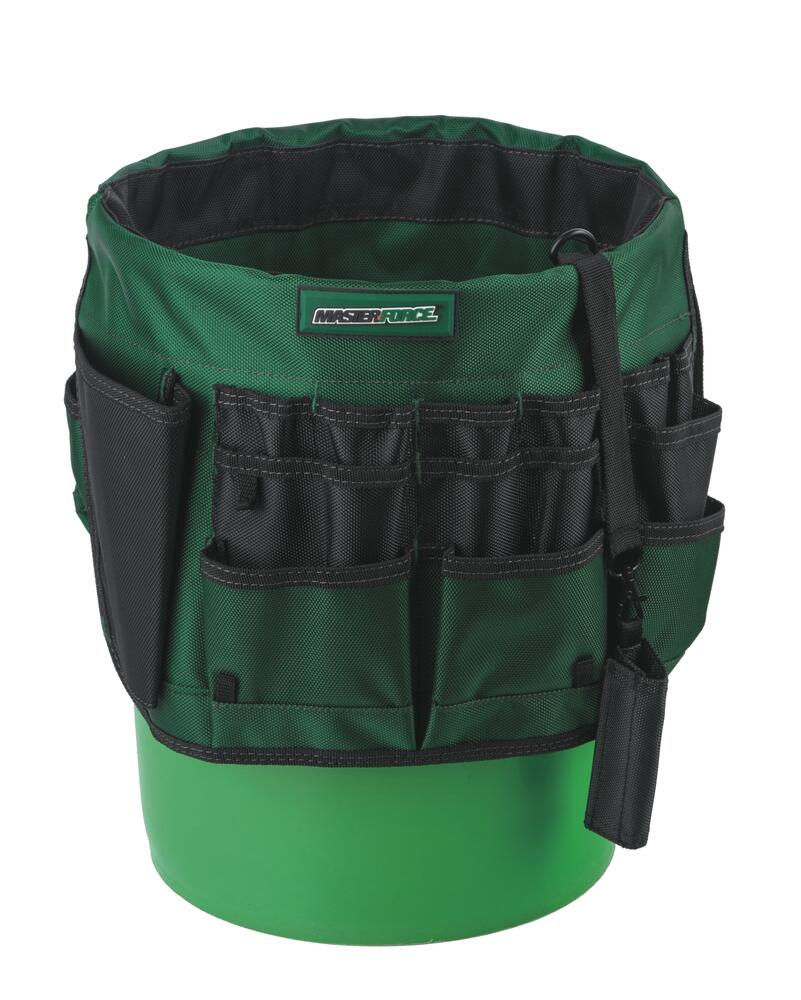15 Essential Tools for Every Homeowner
- Toby Schuh
- Oct 23, 2025
- 3 min read
Whether you’re tackling a simple repair or a larger home project, having the right tools on hand makes all the difference. The following list covers the top essential tools for every homeowner — but it’s not exhaustive. Feel free to ask your inspector about other tools that may be useful during your next inspection.
1. Standard Toilet Plunger

A clogged sink or toilet is one of the most inconvenient household problems. With a plunger on hand, you can often fix the issue quickly. Ideally, keep two plungers — one for the sink
and one for the toilet.
Tip: When plunging a toilet, push gently to remove air, then pull up forcefully (without splashing) to loosen the clog.
2. Adjustable Wrench
This versatile tool works on both standard and metric nuts and bolts. For best control, pull toward you instead of pushing, and avoid over-tightening.
Tip: Choose a wrench that adjusts smoothly and accurately for all your projects. Consider multiple sizes for ease, control, and getting into places
3. Slip-Joint Pliers
Ideal for grabbing nails, bolts, and other objects. Slip-joint pliers adjust quickly and feature flat and curved jaws for versatile gripping. The bottom of the jaw often includes shear cutters for wire.

4. Tongue & Grove Pliers
Commonly called Channel Locks, these pliers handle larger nuts and bolts, plumbing tasks, or stripped hardware.
5. Caulking Gun
Used to seal cracks and gaps, caulking controls water, noise, and thermal transfer. Apply caulk only to clean, dry surfaces for best results.
6. Flashlight
A flashlight is critical for seeing the problem and identifying the solution. A standard two-battery flashlight works well; avoid unnecessarily large or heavy lights.
7. Tape Measure
Measure at least twice for accuracy. A 25-foot tape is ideal for most projects, while a 16-foot tape is lighter and easier for small tasks.
8. Torpedo Level
Check the level of shelves, appliances, and pictures. While phones can measure, a torpedo-style level offers more precision. Levels with a magnet are helpful for plumbing to metal surfaces.
Tip: The longer the level, the more accurate it is: 2-foot for small tasks, 4–6-foot for larger projects.
In a pinch - check out the level on your phone. For the iPhone, the Measure app.
9. Safety Glasses / Goggles
Always protect your eyes when using hammers, power tools, or mixing chemicals.
10. Claw Hammer
A versatile tool for driving and removing nails, prying wood, and general household repairs. A 16-ounce hammer is a solid all-purpose choice.

11. Screwdriver Set
Keep four screwdrivers: small and large flathead, small and large Phillips-head. Consider a multi-bit screwdriver (7, 9, or 11-in-1) for convenience.
12. Diagonal Pliers
Side-cutting pliers are strong enough to cut small nails, wires, and fasteners around the house.
13. Duct Tape
Durable, water-resistant, and versatile — perfect for quick fixes and emergency kits.
14. Drop Cloth
Protect floors and furniture, and make cleanup easy. Thicker cloths offer better protection; size is secondary unless tackling a large project.

15. Shop Vac
A wet/dry vacuum is essential for heavy-duty cleanup. My go-to is the DEWALT 20V Max Cordless Wet/Dry Vac, but most brands work fine. Use it for construction messes, pet hair, or general home cleanup.
Bonus: Tool Storage
Start with a basic toolbox or bucket. Over time, expand with bags, organizers, or specialized storage solutions.

Pro Tip: You don’t need to buy all of these at once. Build your tool collection gradually, learning which tools are most useful for your home projects.
All photos were sourced from Menards stores and Menards.com.






Comments